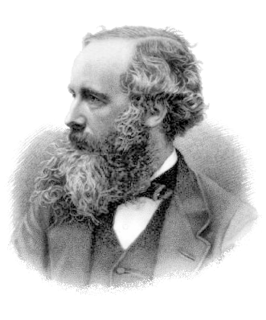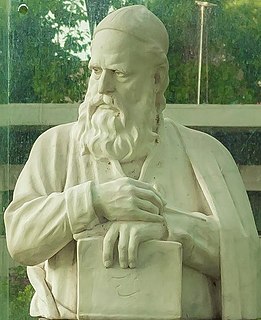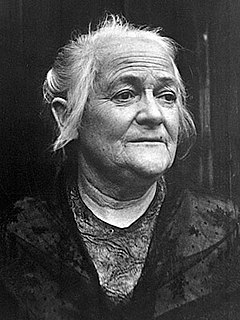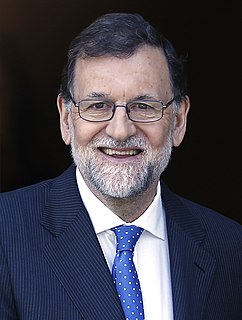A Quote by Theodor Adorno
Bourgeois society is ruled by equivalence. It makes the dissimilar comparable by reducing it to abstract quantities. To the enlightenment, that which does not reduce to numbers, and ultimately to the one, becomes illusion.
Related Quotes
By the help of God and with His precious assistance, I say that Algebra is a scientific art. The objects with which it deals are absolute numbers and measurable quantities which, though themselves unknown, are related to "things" which are known, whereby the determination of the unknown quantities is possible.
I remember one occasion when I tried to add a little seasoning to a review, but I wasn't allowed to. The paper was by Dorothy Maharam, and it was a perfectly sound contribution to abstract measure theory. The domains of the underlying measures were not sets but elements of more general Boolean algebras, and their range consisted not of positive numbers but of certain abstract equivalence classes. My proposed first sentence was: "The author discusses valueless measures in pointless spaces."
The effect of the post-Enlightenment project for human society is that all human activity is absorbed into labor. It becomes an unending cycle of production for the sake of consumption. The modern concept of "built-in obsolescence" makes this clear. The cycle of production and consumption has to be kept going, and the work of the artist or craftsman who aims to create something enduring becomes marginal to the economic order.
Friedrich Engels once said: "Bourgeois society stands at the crossroads, either transition to socialism or regression into barbarism." What does "regression into barbarism" mean to our lofty European civilization? Until now, we have all probably read and repeated these words thoughtlessly, without suspecting their fearsome seriousness. A look around us at this moment shows what the regression of bourgeois society into barbarism means. This world war is a regression into barbarism. The triumph of imperialism leads to the annihilation of civilization.




































